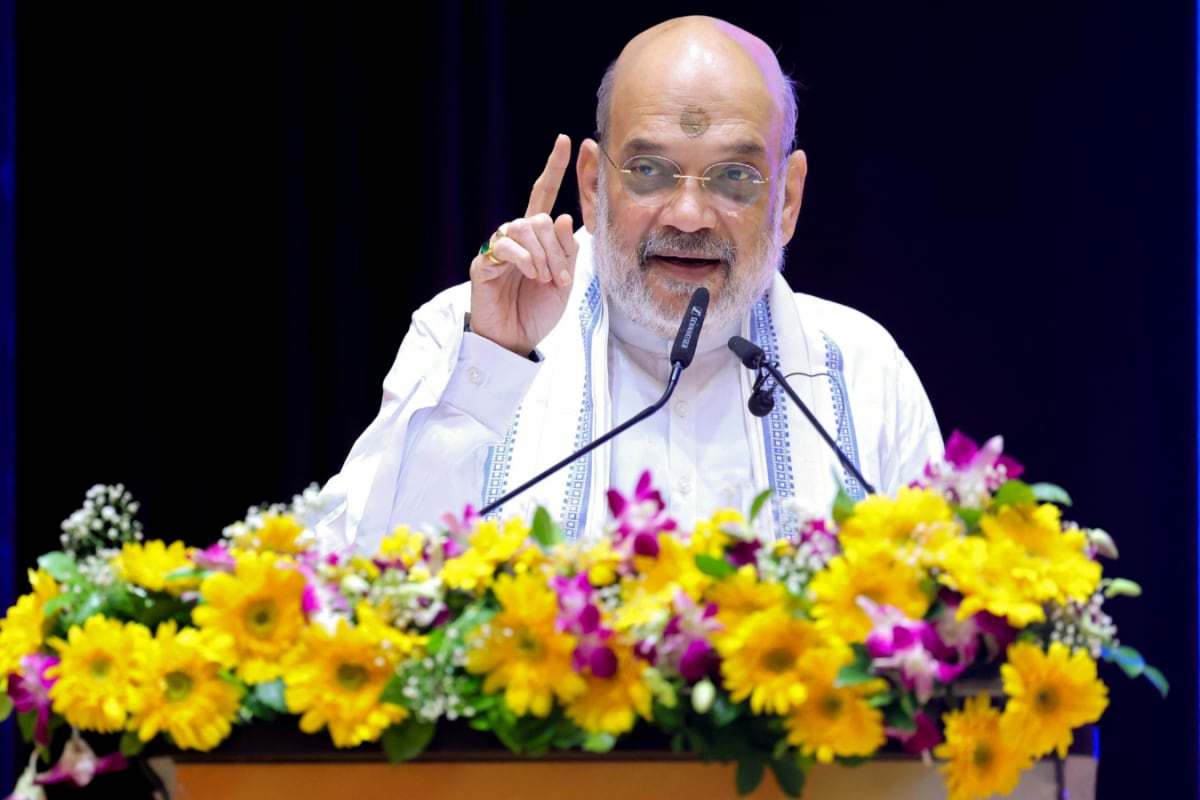

Union Home Minister Amit Shah has recently attacked former Supreme Court judge B. Sudershan Reddy over his involvement in the 2011 Supreme Court verdict that outlawed the Salwa Judum, a state-sponsored militia in Chhattisgarh. Shah alleged that the verdict "helped Naxalism" and that if the Supreme Court had not banned the use of tribal youth as armed auxiliaries, the Naxal insurgency would have ended by 2020. Shah further linked the Congress party's decision to nominate Reddy as a vice-presidential candidate to "supporting Naxalism".
Salwa Judum, which translates to "peace march" in the Gondi language, was a controversial militia mobilized in 2005 as part of counterinsurgency operations against Naxalites in Chhattisgarh. The militia consisted largely of local tribal youth who received support and training from the state government. The movement was intended to counter the increasing Naxalite activity in the region, with the state government claiming it was a spontaneous reaction by tribals to defend themselves. However, the Salwa Judum was also accused of human rights violations, including the recruitment of child soldiers and the displacement of civilians.
In July 2011, the Supreme Court declared the Salwa Judum illegal and unconstitutional, ordering its disbandment. The court held that the state could not arm civilians and outsource law and order functions to them. The bench, which included Justice Reddy, directed the government of Chhattisgarh to recover all firearms and investigate alleged criminal activities by the Salwa Judum.
Reddy has responded to Shah's criticism by stating that the judgment was that of the Supreme Court, not his personal opinion. He emphasized that another judge was on the bench with him and attempts to overrule the judgment were unsuccessful. Reddy also suggested that Shah should have read the ruling before commenting. He stated that the Supreme Court never barred the government from fighting Naxals, but the state cannot outsource its responsibility to protect its people.
Shah's remarks have drawn criticism from various quarters. Eighteen former judges of the Supreme Court and various High Courts issued a statement criticizing Shah's attack on Reddy and the Supreme Court, calling it a misinterpretation of the Salwa Judum judgment. They stated that the judgment nowhere supports Naxalism or its ideology and warned that such distortions could undermine judicial independence.
The Salwa Judum remains a contentious topic, with some arguing that it was a necessary measure to combat Naxalism and others condemning it for its human rights abuses. Chhattisgarh Deputy Chief Minister Vijay Sharma said that people of Bastar resent Reddy for his Salwa Judum verdict. He stated that the verdict was given without hearing the people of Bastar who were most affected by Naxal violence and left them terrified. Former IPS officer R.K. Vij said that the Salwa Judum movement was started by ordinary villagers frustrated by Naxal activities.
The debate over the Salwa Judum verdict highlights the complex challenges of addressing Naxalism while upholding human rights and constitutional principles.